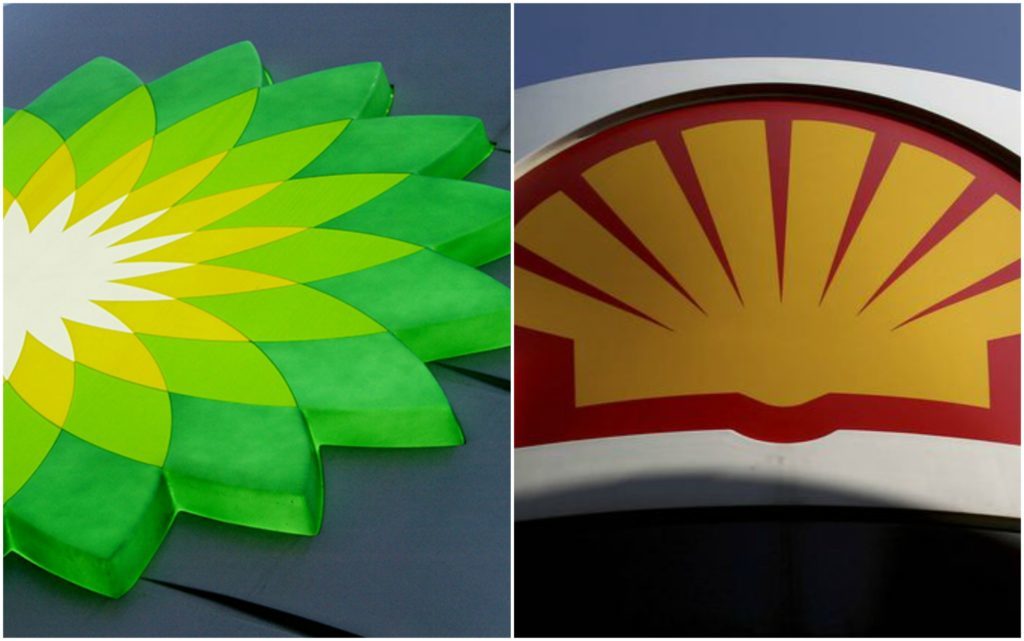
Oil companies saw soaring profits during the third quarter as they emerge worst-in-a-generation crude slump. The main takeaway is that while results are mostly above or in line with expectations, it’s getting harder to impress investors, even with large buybacks.
Here are five key themes from third quarter earnings season:
1. It’s all about the cash
There may be no number more important to Big Oil bosses right now than cash flow. Royal Dutch Shell Plc in particular has made it a priority to turn itself into a well-oiled cash machine. It’s focused on getting the highest-margin barrels out of the ground, and churning money out of its liquefied natural gas trading business.
In the third quarter, the Anglo-Dutch oil major brought in its biggest cash haul in a decade, excluding working capital movements. That obliterated analyst estimates for what the company could produce. “We like the direction of travel,” said Alasdair McKinnon, lead fund manager at Shell investor Scottish Investment Trust.
2. Show me the money
The big question from shareholders: are companies going to use all that money to pay us? The answer is yes. Most companies accelerated or continued share repurchase programs, signaling confidence the dark days of the crude slump are gone. There were contrasts, though — Shell is going faster than anyone, while Exxon Mobil Corp. has yet to discuss resuming buybacks.
Company Third Quarter Buybacks Shell $2.5 billion BP $140 million Total $500 million Chevron $750 million
3. Saving for a rainy day
While oil companies may be enjoying surging cash — and handing some of it back to investors — almost no one has any interest in boosting capital spending, at least for now. Every major company except for Exxon pledged to keep capital expenditure at a near-decade low for the foreseeable future.
They see this as important to winning back the confidence of shareholders. The value of the companies eroded from 2014, after they found themselves locked into expensive mega-projects during a major crude price collapse.
4. Debt dilemma
The other big question from shareholders: what about debt? Having low debt means having more firepower and flexibility to do deals as well as ride out the next market downturn. Yet debt hasn’t really declined that much from a year ago, reflecting the fact that these companies have only recently started generating enough cash to cover shareholder distributions and their capital budgets again.
5. Crisis of confidence
Even after all their hard work, investors are still uncertain of the industry’s commitment to financial discipline. Shares of oil companies in both Europe and the U.S. have lagged the gains in the crude price throughout 2018. Shell’s monster cash numbers posted Thursday didn’t prevent a sell-off. Investors were more enthusiastic about Exxon and Chevron — both rose in New York after reporting earnings.
Even for Shell, most analysts think the discipline is real, and it will just take more quarters of consistently good delivery to see the stock price catch up.
“While quarterly volatility may be off-putting for some, even when to the upside, we think Q3 provides good evidence that Shell’s financial framework can work,” said Biraj Borkhataria, at RBC Capital Markets, in a note. “In our view the shares are materially undervalued at these levels.”
Recommended for you
